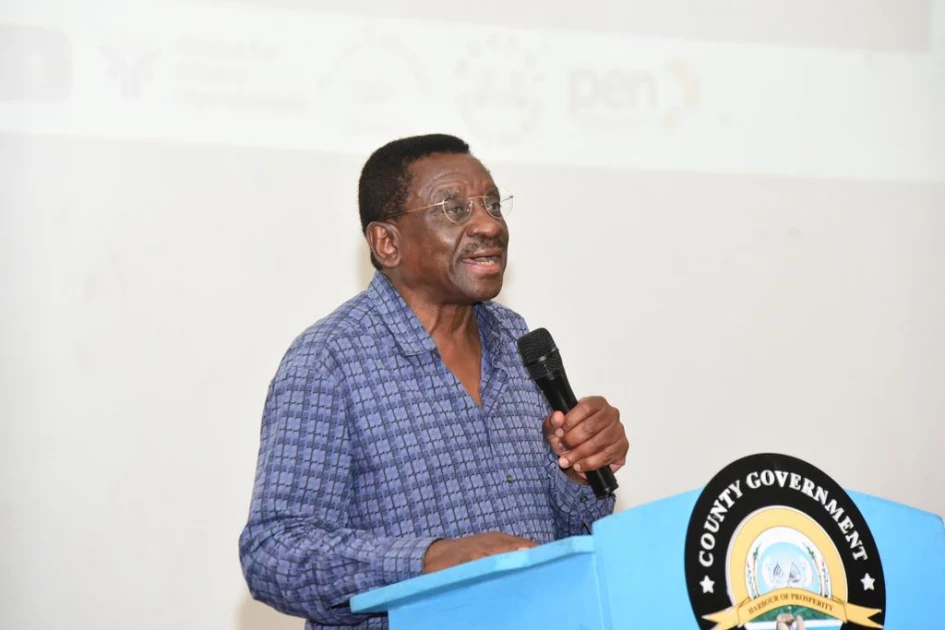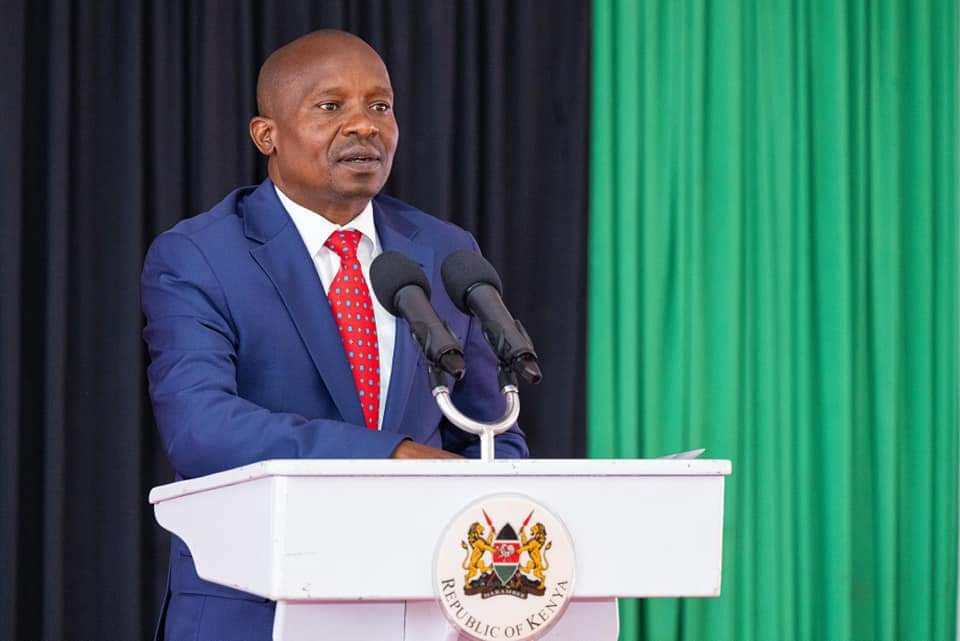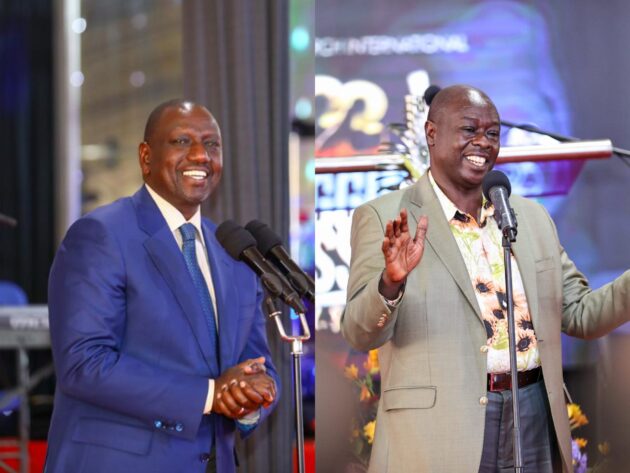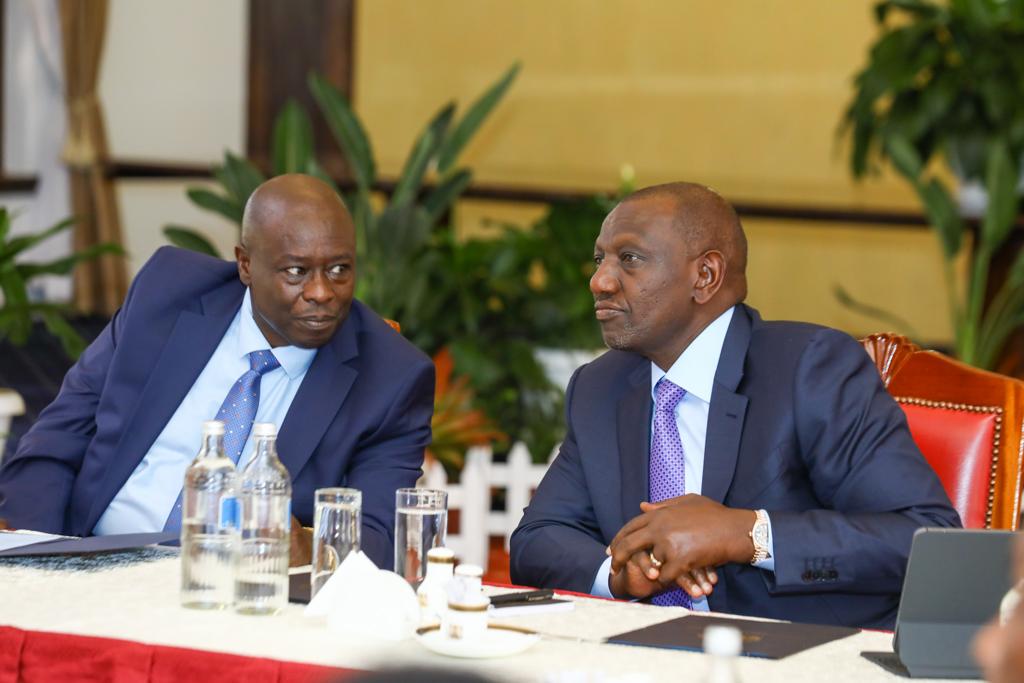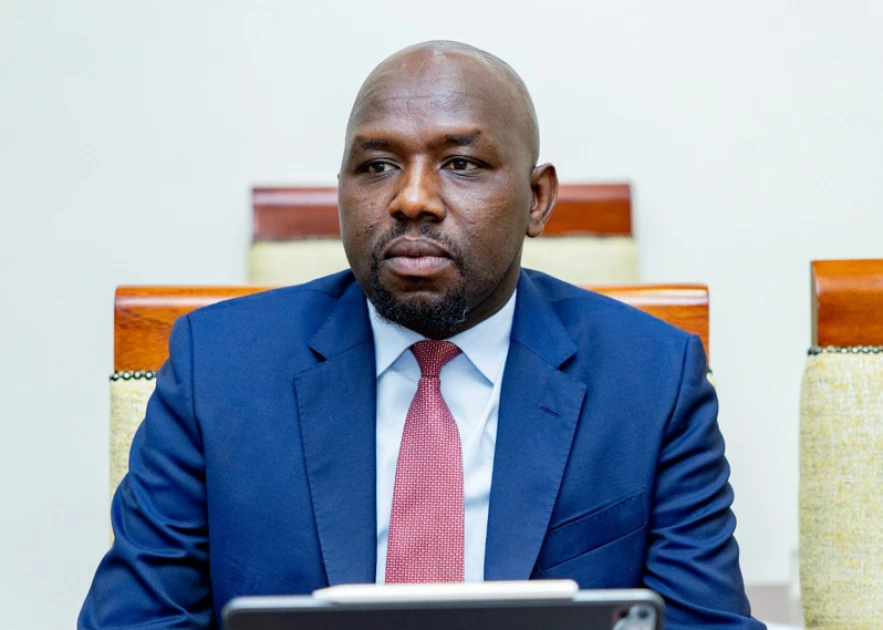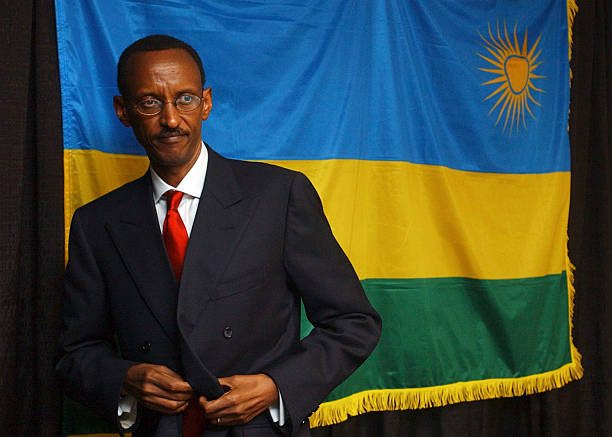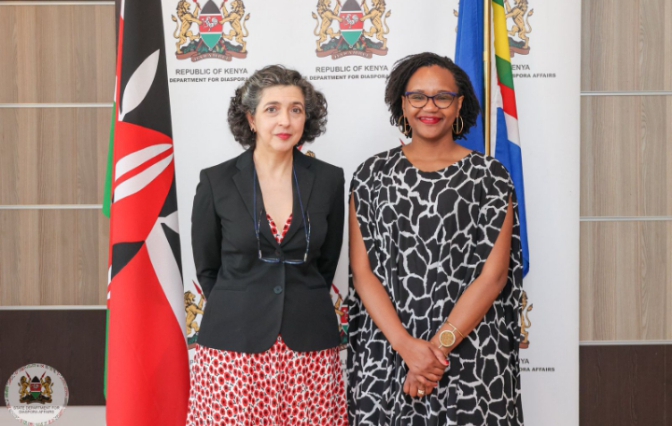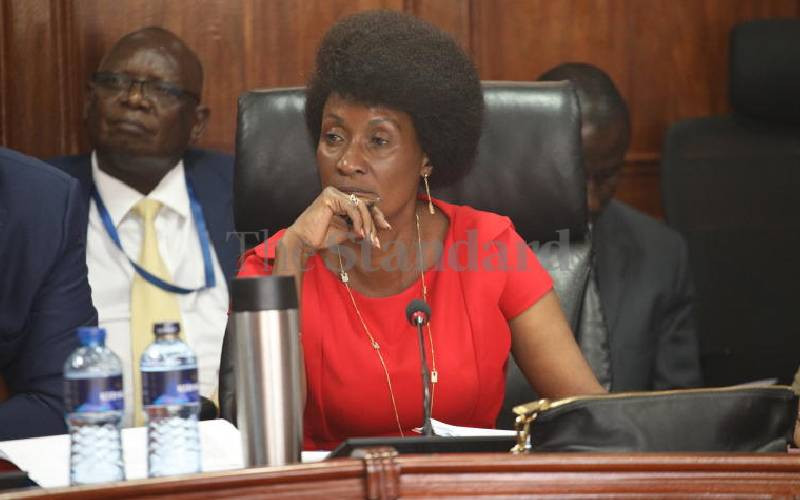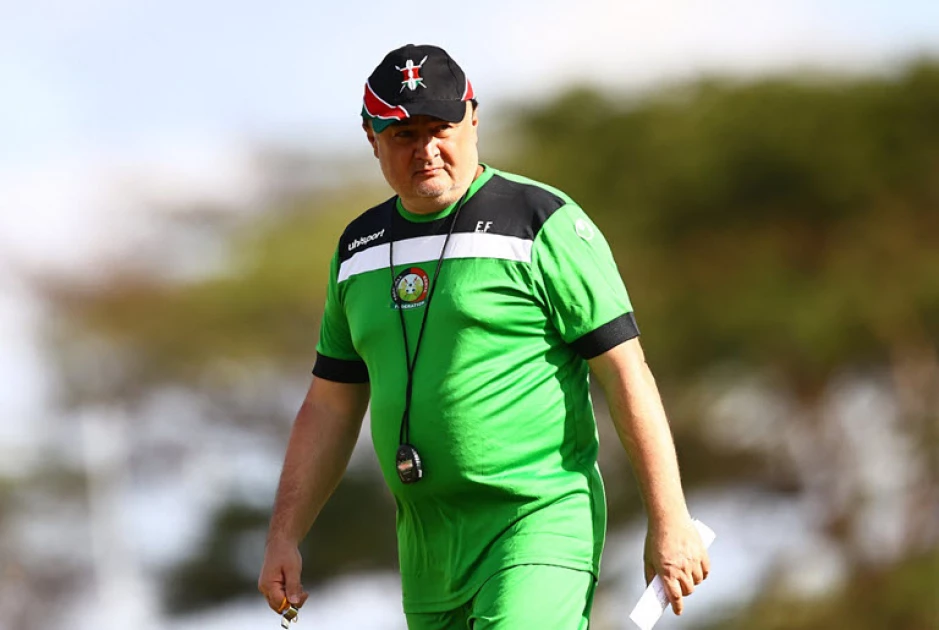Togo’s activists and opposition leaders on Wednesday (Mar. 27) called for protests to stop the country’s president from signing off on a new constitution that would scrap future presidential elections and could see Faure Gnassingbé extend his rule.
The country’s parliamentarians approved a new constitution earlier this week that does away with direct elections and gives parliament the authority to select the president.
President Faure Gnassingbé is yet to approve it.
Given this, it seems likely that Gnassingbé will run for office again in 2025 when his current term ends.
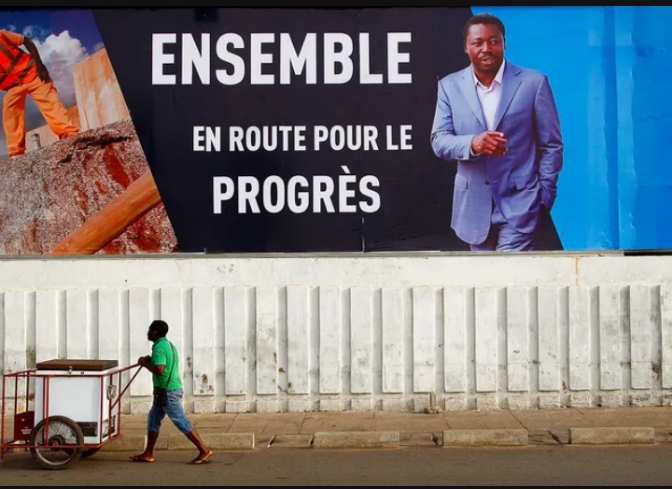
According to some legal experts, the constitution essentially limits the power of future presidents by imposing a one-term limit and giving more authority to a position known as the president of the council of ministers, which is akin to a prime minister.
However, the opposition worries that Gnassingbé would use the position as a means of consolidating his control.
The Catholic Christian clergy has pleaded the president not to sign the bill into law.
“Such an important subject which will profoundly change the political life of the country must give rise to broad consultation and a more inclusive national debate,” say the Conference of Togolese Catholic bishops said in a statement.
They believed that the current parliamentarians “should only manage urgent and current affairs” and that it would be improper to change the Constitution while elections were still going on.
After the April 20 parliamentary and regional elections, They finally urged Faure Gnassingbé to “engage in an inclusive political dialogue, following the results of the elections” scheduled for April 20.
“We know that the struggle will be long and hard, but together with the Togolese people, we will do everything we can to prevent this constitutional coup d’état,” said Eric Dupuy, a spokesman for the opposition National Alliance for Change party.
”We’re calling on the population to reject this, to oppose it massively,” he added.





